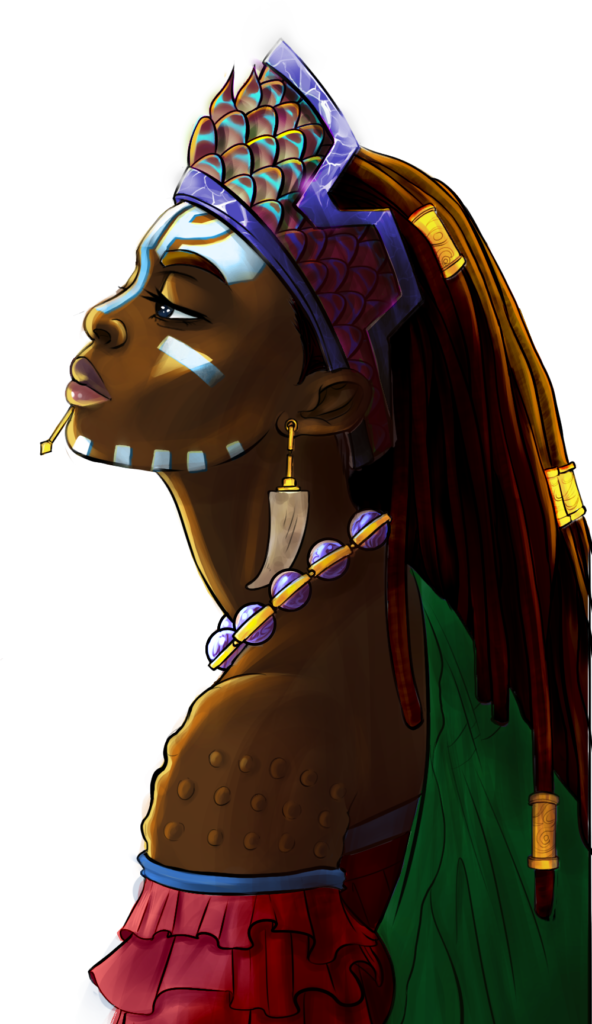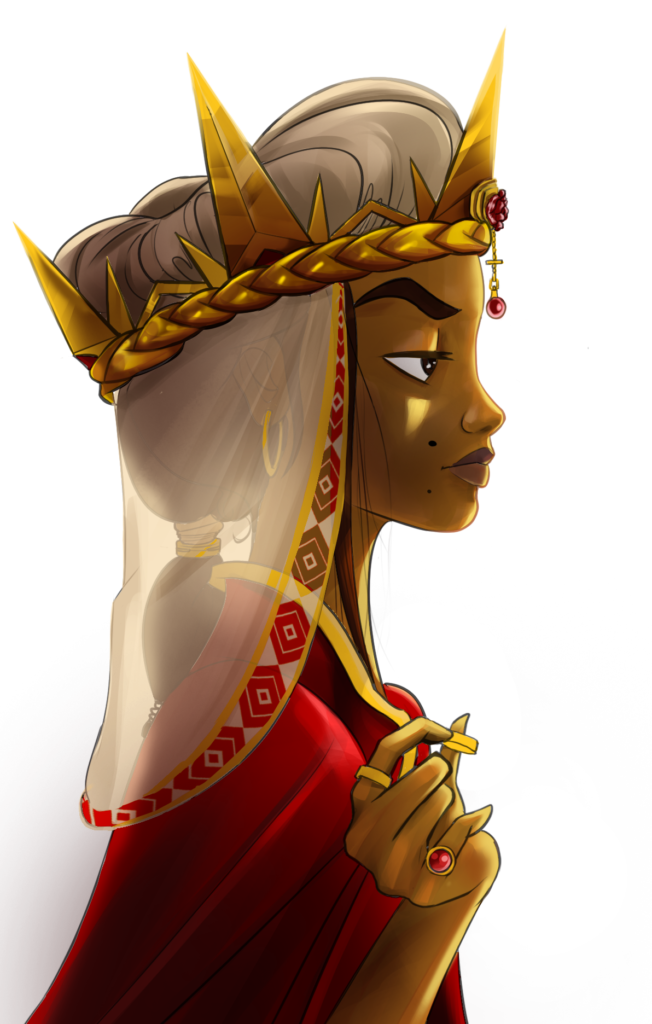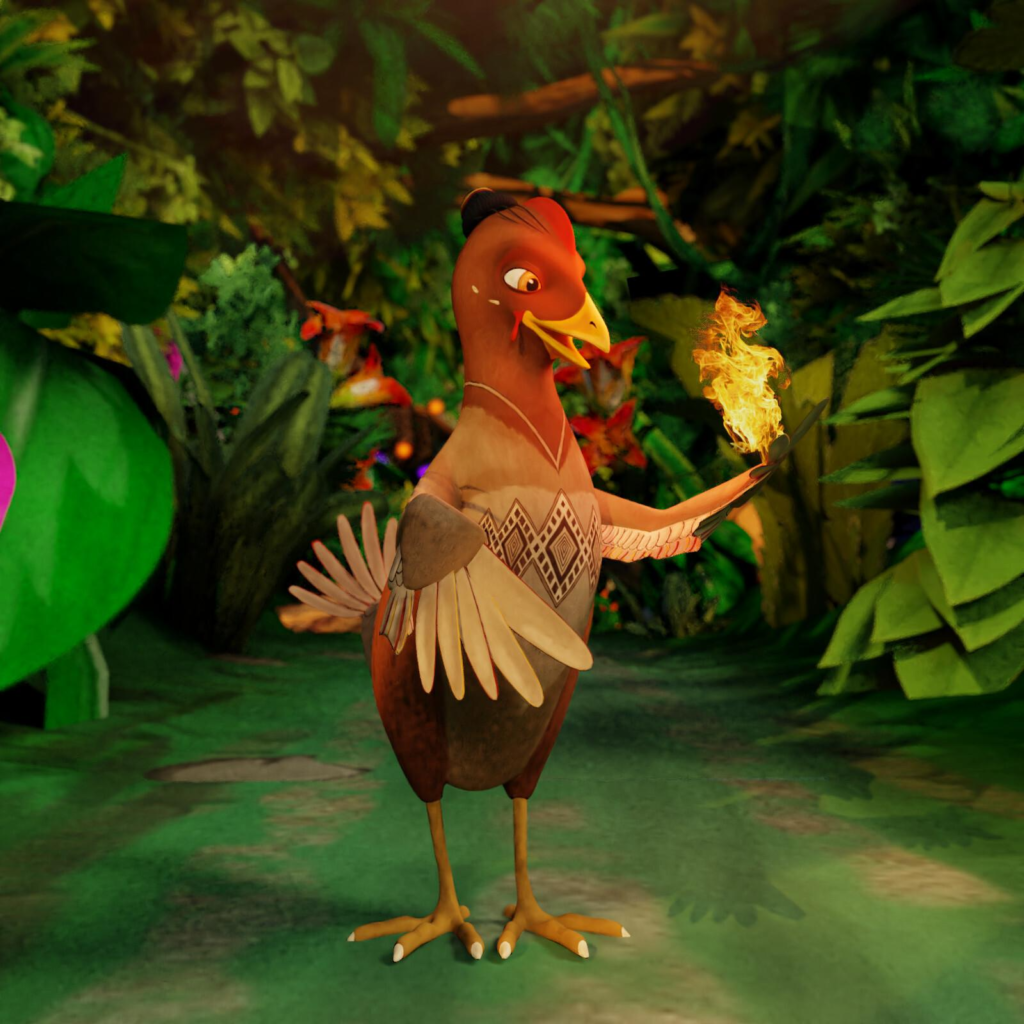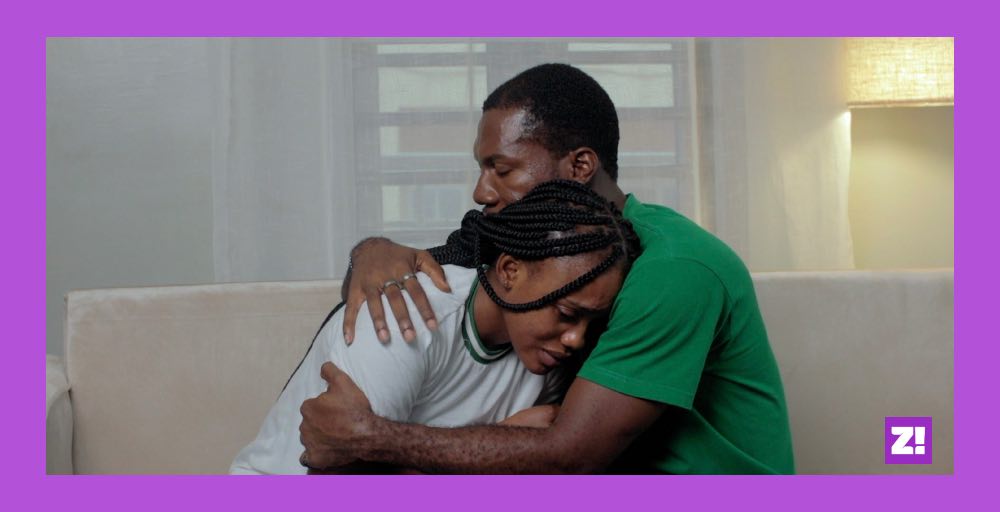Just like Nigeria’s problems, new streaming platforms keep popping up every other day.
Streaming platforms are great, but sometimes you take a look at all of them and their varying levels of awesomeness and shittiness, and you get the bright idea to ask AI to rank them. So, we did.
10. Apple TV+
Offers original content and some licensed films, but its Nigerian film selection may be limited compared to platforms with a broader range of international and African content.
My ranking: 6
9. HBO
HBO has existed long before streaming platforms were in style. So it’s really no surprise that they know and make great movies and shows.
My ranking: 4.
8. iBAKATV
iBakaTV delivers new Nigerian content consistently, so it’s a great place to get your Nollywood fix. However, the quality of the films is something you’ll have to find out for yourself.
My ranking: 8
7. YouTube
The current love of Nollywood producers. YouTube dishes out new Nollywood content by the second. I can’t promise that the content won’t have you begging for mercy, but it’s free AF as long as you don’t mind hearing “about how companies of all sizes use Big Query.”
My ranking: 4. Nollywood producers might be trying to choke us all on that app, but I’m a willing party.
6. Accelerate TV
They had a fully functional YouTube channel that people loved, but they decided that an app would be a great addition. They still put out content on their YouTube channel.
My ranking: 10. Their movies keep me up at night.
5. Disney+
Disney remembered adults used to be the kidsthat adored everything they did, so they brought ourchildhood back to us.
Someone please tell them the people of Nigeria grew up watching Disney and would like to access their platform without a VPN.
My ranking: 7
4. Showmax
The people at MultiChoice knew what they were doing when they gave us Showmax. Not only have they given us original African/Nigerian content, but we also get some of the hottest international shows and movies.
My ranking: 1. The new app pisses me off, but they’ve given me some of my favourite Nigerian shows.
3. iRokotv
iRokotv came when we needed them the most and gave us good Nollywood content. Then, one day they decided they were done with that life and left us high and dry.
My ranking: 9. I have a feeling they might come back to take what’s theirs. In the meantime, they should go to the back of the line and think about all they’ve done.
2. Amazon Prime Video
We were on our own when Prime Video came and told us to Japa to Prime. Three years later, they’ve stopped funding original content and have decided the Nigerian content on their platform don’t even deserve marketing or a simple announcement.
My ranking: 5. They actually have good content, but they’ve refused to do any promo and it’s doing my head in.
1.Netflix
It’s no surprise that they’re number 1 on the ChatGPT’s list. They might be trying to implement that no sharing passwords thing, but they’ve given us some really good content and held us down for this long.
My ranking: 2. But they’re trying to get me to stop mooching off my cousin, and I’m protesting.








